
Consulting
Food safety

The global standard for good agricultural practice. Integral Farm Assurance (IFA), is the scheme with the highest circulation worldwide.
The certification includes the following aspects:
- Food safety and traceability.
- Environment.
- Health, safety and welfare of workers.
- Animal welfare.
- Integrated Crop Management (ICM).
- Hazard Analysis and Critical Control Points (HACCP).





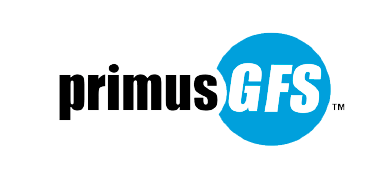
Scheme recognized by GFSI, the Global Food Safety Initiative, depending on the operation being audited, PrimusGFS audits include Management Systems of:
- Administrative System of Food Safety (SAIA).
- Good Agricultural Practices (BPA) – Farm.
- Good Agricultural Practices (GAP) – Greenhouse.
- Good Agricultural Practices (GAP) – Harvest crew.
- Good Manufacturing Practice (BPM) – Packaging.
- Risk Analysis and Critical Control Points System (HACCP) – Packaging.
- Preventive Controls (CP) – It is of a Voluntary Nature.
Why should my company use PrimusGFS?
In recent years, large retailers and food service companies have required auditing schemes that are globally accepted. This drive for standardization gave rise to GFSI (Global Food Safety Initiative) for audit companies to standardize their schemes to GFSI standards and compliance requirements. “Once certified, accepted everywhere” is the vision of GFSI that is now becoming a reality.
The GFSI recognition of the PrimusGFS scheme helps move the industry one step closer to the desired goal of global food safety harmonization. The PrimusGFS scheme covers the scope of the pre and post harvest supply chain and provides an integrated approach to the supply chain.
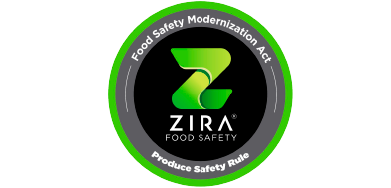
The product safety rule establishes mandatory science-based minimum standards for the safe growing, harvesting, packaging and preserving of fruits and vegetables grown for human consumption.
- Agricultural water.
- Biological amendments.
- Outbreaks.
- Wild and domestic animals.
- Training of workers and health and hygiene.
- Equipment, tools and buildings.
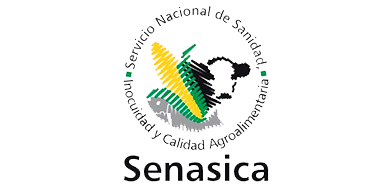
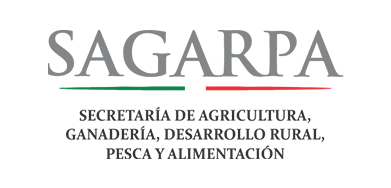
In order to ensure the safety of vegetables, Senasica certifies the Contamination Risk Reduction Systems (SRRC) that Mexican producers implement during primary vegetable production.
The certification of the SRRC can be under the following modalities:
- SRRC certificate of compliance with Good Agricultural Practices.
- SRRC Certificate of compliance with Good Post Harvest Management Practices.
- Recognition for the application of the Good Use and Management of Pesticides.
- Recognition of Good Agricultural Practices in the Harvest activity.
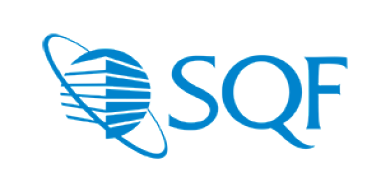
Recognized by the Global Food Safety Initiative (GFSI), SQF’s set of food quality and safety codes is designed to meet regulatory, industrial, and customer requirements across all sectors of the food supply chain. food, from farm to retail stores.
Organic Production
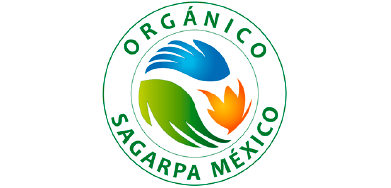
SENASICA is the body in charge of the Control System to ensure the integrity of organic products in Mexico.
In Mexico, in order to market them, they must comply with the standards established in the Organic Products Law and bear the seal “ORGANIC SAGARPA MEXICO”.
Certification and obtaining the seal is an opportunity for producers as they find better sales conditions, promoting the promotion of organic products, it generates consumer confidence and credibility.
How to get the Organic seal? SAGARPA Mexico
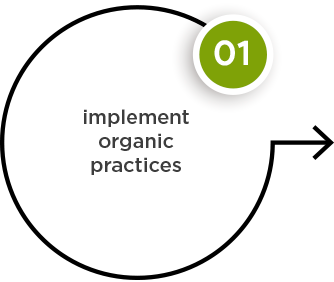
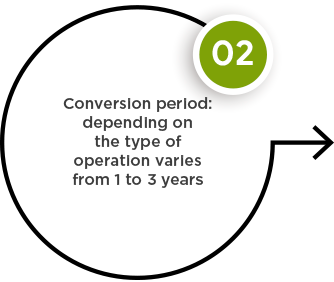
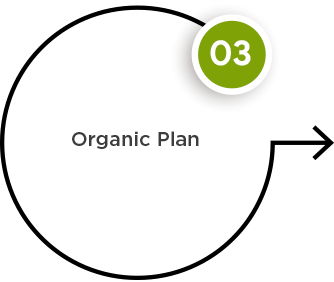
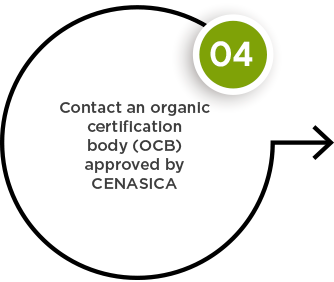
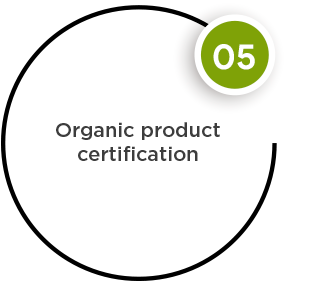
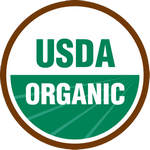
The United States Department of Agriculture through its federal regulatory program (NATIONAL ORGANIC PROGRAM STANDARD) develops and enforces uniform national standards for organically produced agricultural products sold in the United States.
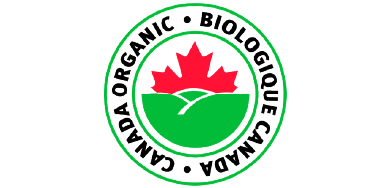
The Canadian government regulated system for organic products.
How to get organic certification?
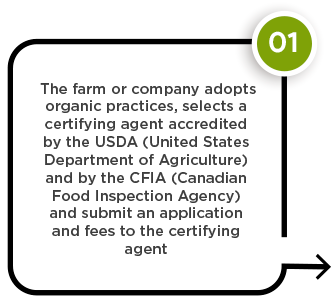
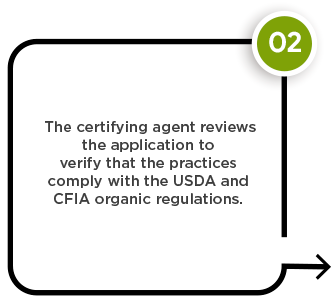
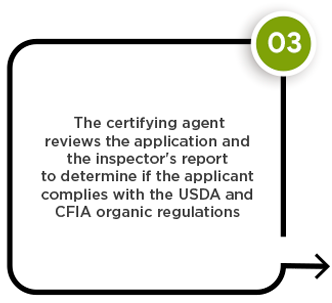
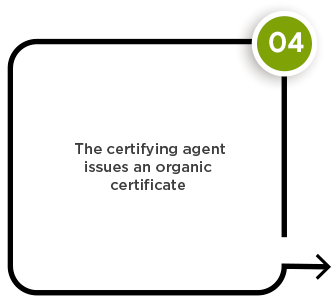
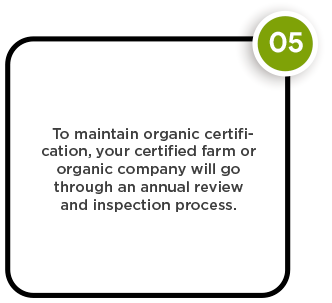
Social Responsibility
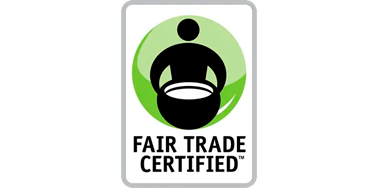
THE 10 PRINCIPLES OF FAIR TRADE:
- Creating opportunities for producers with economic disadvantages.
- Transparency and responsibility (accountability).
- Fair business practices.
- Fair pay.
- Ensure that there is no child labor or forced labor.
- Commitment to non-discrimination, gender equality and the economic empowerment of women and freedom of association.
- Guarantee good working conditions.
- Provide capacity development.
- The promotion of fair trade.
- Respect for the enviroment.
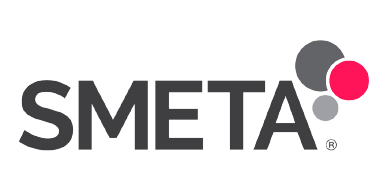
Audit that provides a compilation of best practices of ethical auditing techniques that cover all aspects of responsible business practice, covering four areas of Work, Health and Safety, Environment and Business Ethics.
AUDIT BASED ON COMPLIANCE WITH THE ETI CODE:
- Employment will be freely chosen.
- Freedom of association and the right to collective bargaining will be respected.
- The working conditions will be safe and hygienic.
- Child labor will not be used.
- A living wage will be paid.
- The hours of work will not be excessive.
- There will be no discrimination.
- Regular work will be provided.
- Inhuman or severe treatment will not be permitted.
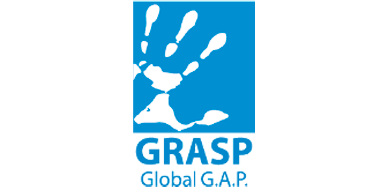
It is an available and voluntary module, designed to evaluate social practices on the farm. It consists of 11 requirements plus an additional SGC, which address specific issues related to the health, safety and welfare of workers. GRASP has been designed to delve into the social aspects of the GLOBALG.A.P certification.
10 reasons to do a GRASP evaluation
- Improves the social management system of your farm.
- It strengthens the rights of its workers and improves their sense of responsibility towards their exploitation.
- Lowers turnover costs by helping to keep good, skilled workers.
- Reduces costs for accidents and breakages as it leads to clear communication.
- Create a positive work environment by setting clearer conditions and tasks.
- Encourage worker participation and help you innovate.
- Demonstrates your commitment to social responsibility.
- Increase your status among suppliers and buyers.
- Reduces the risk of incurring breaches on social issues.
- It can be done in conjunction with the GLOBALG.A.P. Audit, therefore additional costs are minimal!




